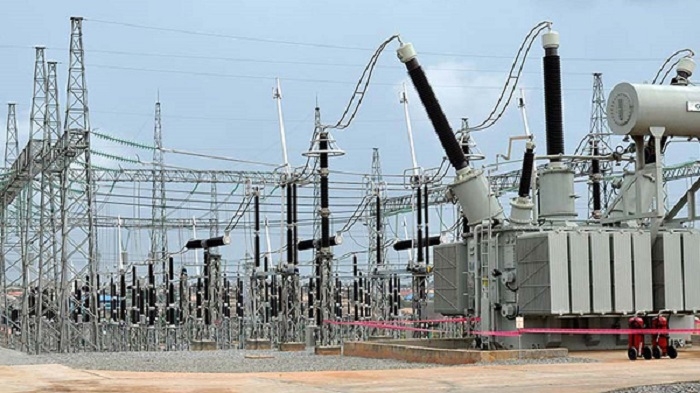Sequel to the national grid collapse on April 8, residents of Kaduna are grumbling over the incident, calling for concerted efforts by the government and other critical stakeholders in the power sector to permanently address the problem.
The News Agency of Nigeria (NAN) reports that the latest collapse, which is the third in less than one month, came despite assurances by the Federal Government that it has taken steps to address the problem.
NAN also reports that the Transmission Company of Nigeria (TCN) which manages the grid had in March said it had developed alternative ways of managing the grid.
TCN had stated that its “in-house engineers have deployed a stop-gap solution to improve grid monitoring and acquisition of data from remote stations (power stations and transmission substations) to the National Control Centre. This was achieved by utilizing the Internet of Things (IoT) solution, and Virtual Private Network (VPN) by using various Internet Service Providers (ISP)”.
Some Kaduna residents talked to on Saturday expressed dismay at the development, saying it would compound the problems faced by the nation having fully or still recovering from the fuel scarcity saga.
Anas Ibrahim, a barber, called for a thorough investigation of the grid collapse, describing it as nonchalant for it to have been allowed to occur three times within a spate of 30 days.
“I sometimes buy fuel at N210 or N220 per litre for my barbing saloon, getting it at the government price of N163 is very stressful, because one has to follow a long queue.”
“We are not done with that problem and within the period again we are facing grid collapse, there is no doubt that saboteurs are the ones wreaking havoc on the grid, the government should take necessary steps in addressing it, the problems are getting worse,” Ibrahim said.
Another resident, Joseph Attah, said “The people at the helm of affairs in this country have a value system, culture and tradition that is at variance with any country that wants to develop.
“For them, taking proactive measures to forestall emergency situations is too alien. The maintenance system they understand is reactive maintenance; ‘run it as long as it keeps running.”
“If it eventually collapses, we say ‘that is the will of God. Other nations regard some government ministries or departments that provide essential services as strategic and critical and get the best hands and minds to man those ministries, we can also do it for the benefit of the suffering poor Nigerians,” he said.
Similarly, Bashir Idris, said “I think we should be considering outsourcing critical sectors of our economy to those that have the requisite knowledge, technology, skills to revive our power sector.
“It is obvious we are lacking the capacity and the indigenous know how to deliver power to Nigerians for developmental purposes. After 22 years of democratic rule, we are still battling epileptic power supply,” he lamented.
Also, Engr. Zion Tete said Nigeria has the capacity to expand and explore other viable means of power by sustaining it through coordinated programmes for the benefit of Nigerians.
“The problem will definitely be fixed, but can we afford to continue like this without at least long term solutions to the national grid collapse? Of course not, there are numerous solutions that are untapped, if power is fixed among other challenges we are facing as a country, it will be a remarkable achievement.”
“Another problem that annoys Nigerians is sometimes not even the power outage, but at the end of the month, PHCN will come with outrageous bills for services not rendered.”
“There are of course too many issues which the government needs to address, at least they are doing their best but they are too much for the impact to be felt by common Nigerians, people of capacity need to be placed where necessary, for robust outcomes,” Tete said

















Discussion about this post